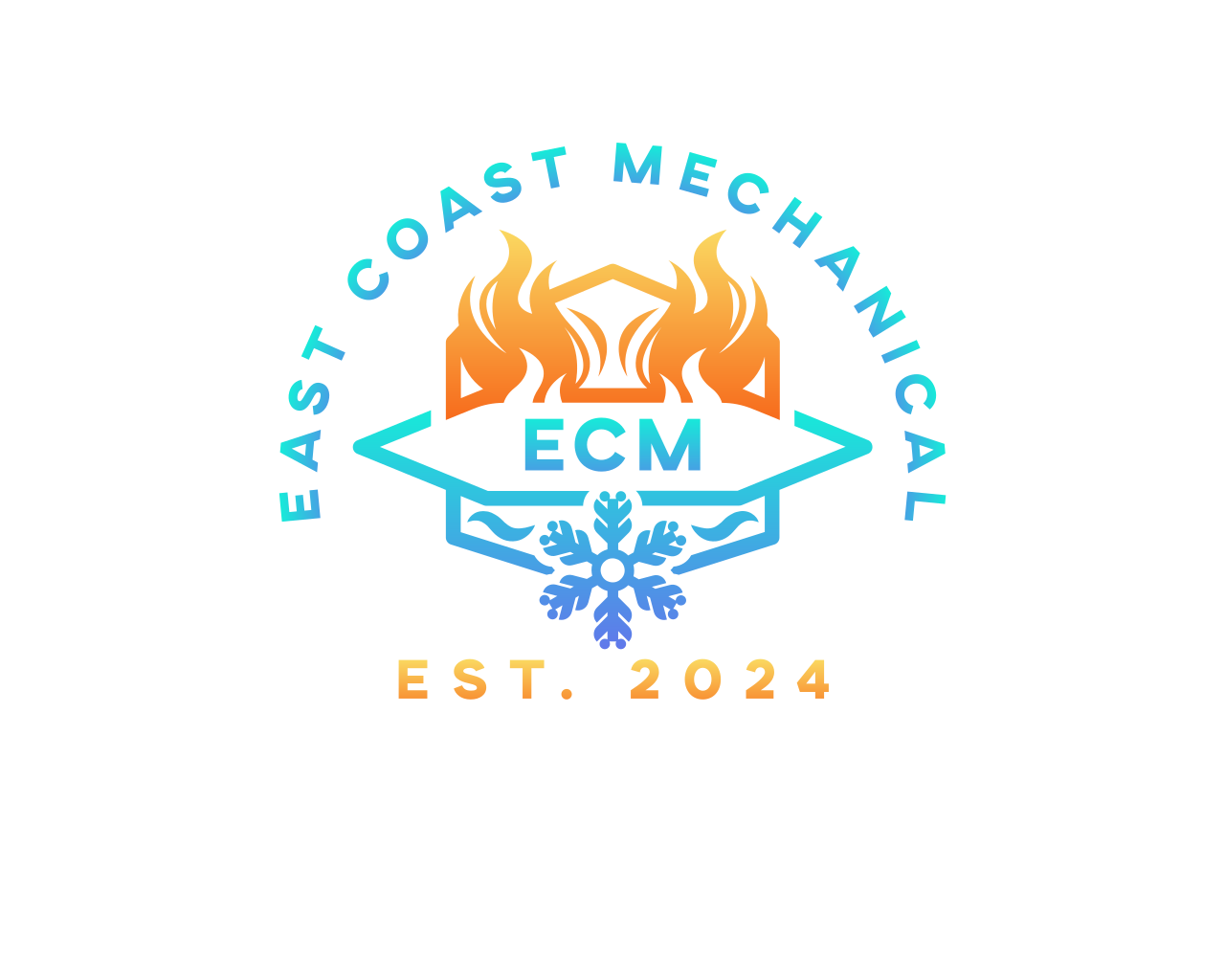Central AC
Is Your House Full of Hot Air?
Has your central air lost its cool? Take the guesswork out of choosing a new energy-efficient central air system.
Choosing the Right Central Air System
Replacing an Existing System
Your technician first inspects all items associated with your air conditioning including ductwork, insulation, refrigerant piping, electrical service, wiring, thermostat, condensate piping, flue piping, flue terminations, chimney liner, slabs, filter, driers, registers, grills, drain pans and evaporator coil. After the inspection, you'll know exactly what needs replacing and what can stay.
Installing a New System
When you're choosing a new system, one of the most important things to consider is the seasonal-efficiency rating (SEER). SEER measures a system's operational efficiency. The higher the SEER, the lower the cost to run. The split ductless system's highest SEER rating is about 30.5. A split system's SEER rating is slightly lower.
When to Install New or Replace Older Central Air
If your system is 10 years old or older, needs extensive expensive repairs, or runs inefficiently, it's probably time to replace it. Today's systems are up to 60% more efficient than units made 10 or more years ago.
Many factors contribute to the cost of central air: the size of your home, type/condition of the ductwork, and any accessories, like a thermostat or electronic air cleaner. Today's systems are much more energy efficient and reliable, and industry averages indicate that most new systems last between 12 and 15 years.
How Central Air Conditioning Works
Air conditioning systems "condition" air by controlling air temperature, humidity, and indoor air quality. The system removes and transfers heat from your house to the outside. Traditional home systems include an indoor unit - the furnace or air handler - and the outdoor unit, or air conditioner.
The units are designed to work together. The air conditioner cools and sends air to the indoor unit for circulation throughout your home. The furnace or air handler circulates the remaining cool air throughout the home. As various parts age, the system loses efficiency and its ability to cool effectively.
